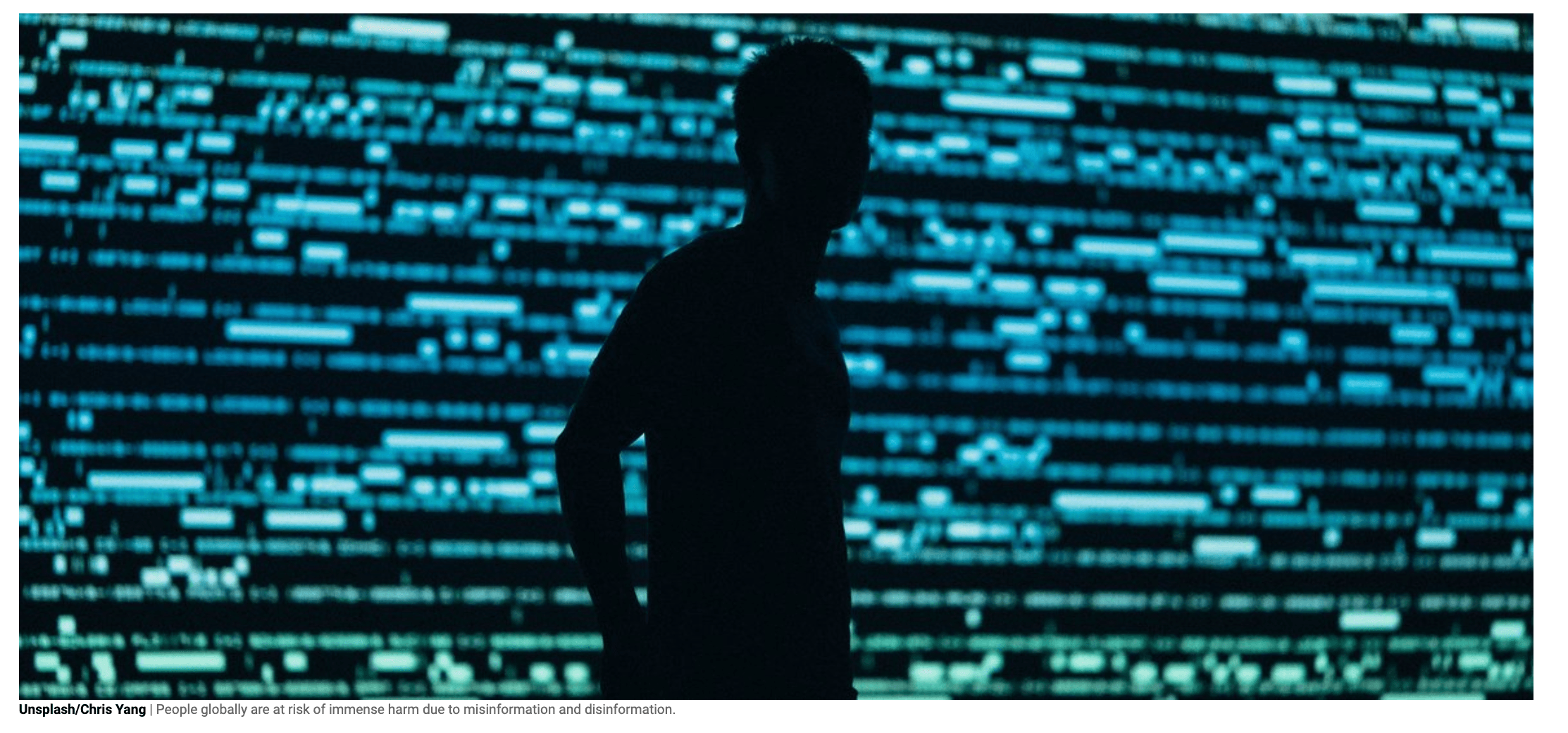ANALYSIS: What Happened To Stanford Spells Trouble For The Election, by Renee DiResta, published by the New York Times (Available Here)
Renée DiResta, the former research director of the Stanford Internet Observatory, highlights the spread of election disinformation and its serious consequences. She describes how false claims about the 2020 election not only went viral but also led to harassment and congressional investigations targeting the researchers documenting these issues. The Observatory's Election Integrity Partnership was ultimately dismantled amid this pressure. With new technologies and platforms emerging, she emphasizes that combating disinformation remains crucial to safeguarding democracy as the 2024 election approaches.

OPINION: How The Pentagon Can Avoid Stumbling On The Digital Battlefield — Again, by the Washington Post’s Editorial Board (Available Here)
The Washington Post's Editorial Board addresses the challenge of combating global disinformation while upholding democratic values. In a recent piece, they highlight a Pentagon disinformation campaign targeting Chinese vaccines in the Philippines, an operation recently uncovered by Reuters. This campaign, which used fake social media accounts to spread false information about the Sinovac vaccine, ultimately undermined U.S. credibility. Although the operation was terminated, this incident underscores the need for careful oversight and ethical conduct in influence campaigns.

NEWS: UN Launches Recommendations For Urgent Action To Curb Harm From Spread Of Mis- and Disinformation, published by the United Nations (Available Here)
The United Nations has launched a new initiative, the Global Principles for Information Integrity, which outlines recommendations for making information spaces safer while upholding human rights. The UN Secretary-General, António Guterres, stated during the proposal's presentation at the UN that "the spread of hatred and lies online is causing grave harm to our world." The principles are organized into five categories: societal trust and resilience, healthy incentives, public empowerment, independent, free and pluralistic media, and transparency and research. The principles are a call to action for a multitude of stakeholders, according to the report. These include tech companies, AI actors, advertisers, news media, researchers and civil society, states, as well as the UN itself.

